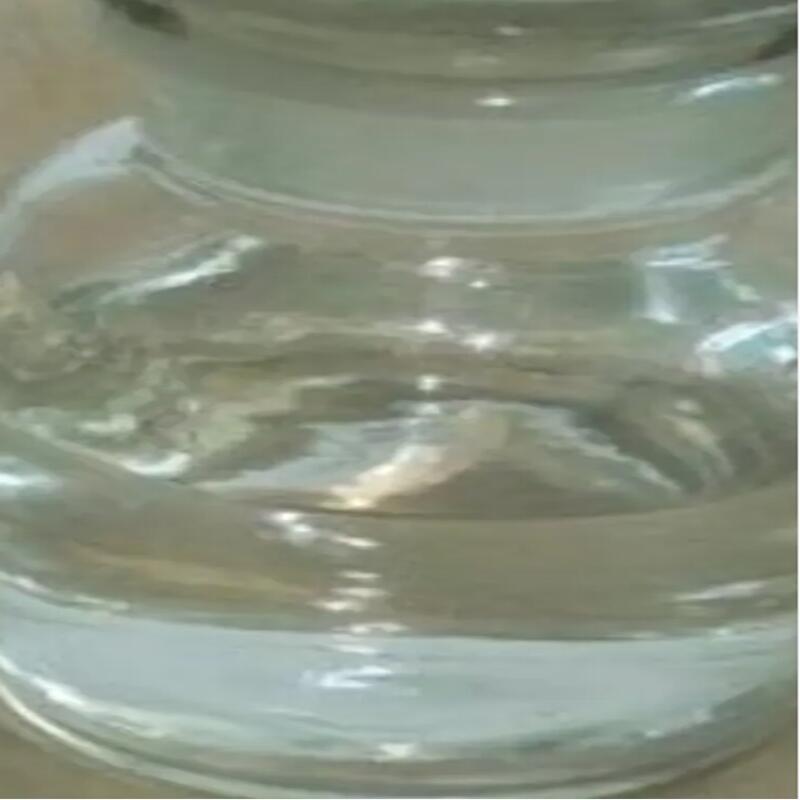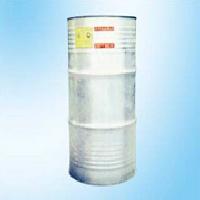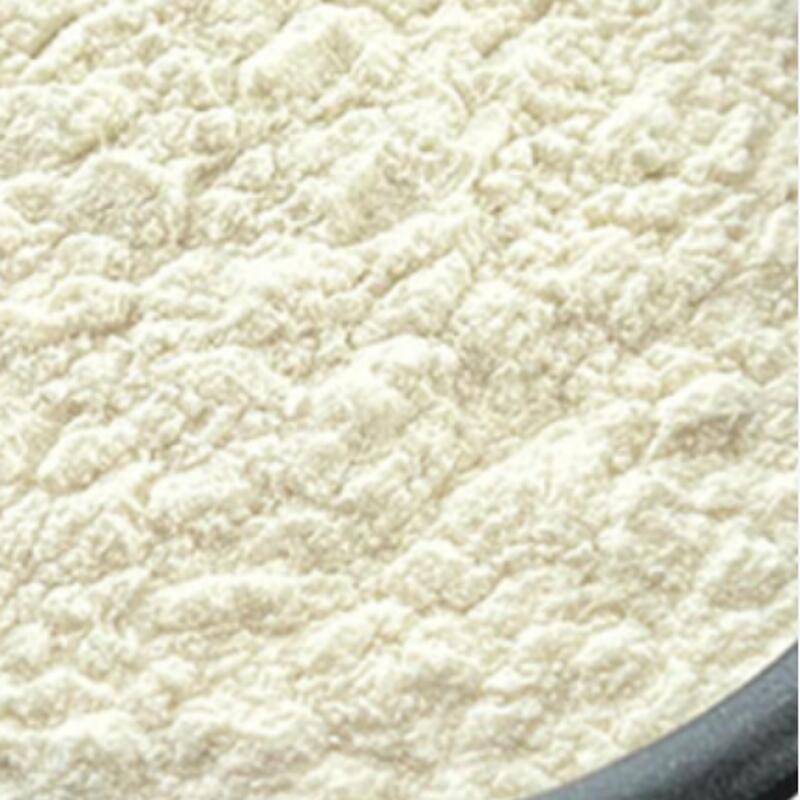-
Categories
-
Pharmaceutical Intermediates
-
Active Pharmaceutical Ingredients
-
Food Additives
- Industrial Coatings
- Agrochemicals
- Dyes and Pigments
- Surfactant
- Flavors and Fragrances
- Chemical Reagents
- Catalyst and Auxiliary
- Natural Products
- Inorganic Chemistry
-
Organic Chemistry
-
Biochemical Engineering
- Analytical Chemistry
-
Cosmetic Ingredient
- Water Treatment Chemical
-
Pharmaceutical Intermediates
Promotion
ECHEMI Mall
Wholesale
Weekly Price
Exhibition
News
-
Trade Service
Bis(2-ethylhexyl) phosphate, also known as di-2-ethylhexyl phosphate or DEHP, is a widely used plasticizer in the chemical industry.
Plasticizers are additives that are used to make plastics more flexible and less brittle.
DEHP is used to soften a variety of plastics, including polyvinyl chloride (PVC), polypropylene (PP), and polyethylene (PE).
Upstream Products
The production of DEHP begins with the reaction of 2-ethylhexanol with phosphoric acid.
2-Ethylhexanol is a colorless liquid with a sweet odor, and it is derived from the distillation of crude oil.
Phosphoric acid is a strong acid that is used in the production of fertilizers, detergents, and food additives.
The reaction between 2-ethylhexanol and phosphoric acid produces DEHP and water.
Next, the DEHP is purified and processed to remove any impurities.
This involves filtration and distillation to produce a pure form of DEHP.
The purified DEHP is then used as a starting material in the production of downstream products.
Downstream Products
The primary downstream product of DEHP is polyvinyl chloride (PVC) plastic.
PVC is a widely used plastic in the construction industry, as it is flexible, durable, and resistant to moisture.
DEHP is added to PVC during the manufacturing process to make it more flexible and reduce its brittleness.
Without DEHP, PVC would be brittle and difficult to work with.
Other downstream products include polypropylene (PP) and polyethylene (PE) plastics.
DEHP is used in the production of these plastics to improve their flexibility and reduce their melting point.
These plastics are used in a variety of applications, including packaging, textiles, and automotive parts.
The production of DEHP and its downstream products is a complex process that requires careful attention to detail.
The production process involves several stages, including the reaction of 2-ethylhexanol with phosphoric acid, the purification of DEHP, and the manufacturing of PVC, PP, and PE plastics.
The Chemical Industry
The chemical industry is a critical part of the global economy, as it provides the raw materials and products needed to support a wide range of industries.
The production of DEHP and its downstream products is just one example of the many chemical processes that are used to support the manufacturing of consumer goods.
The chemical industry is also an important source of employment, as it provides jobs for millions of workers around the world.
Chemical companies are involved in the production of a wide range of products, including pharmaceuticals, cosmetics, textiles, and industrial chemicals.
The chemical industry is subject to a range of regulations and safety standards, and companies are expected to operate in a safe and responsible manner.
This includes the proper handling and disposal of hazardous chemicals, as well as the implementation of safety protocols to protect workers and the environment.
Conclusion
Bis(2-ethylhexyl) phosphate (DEHP) is a widely used plasticizer in the chemical industry.
It is used to soften a variety of plastics, including polyvinyl chloride (PVC), polypropylene (PP), and polyethylene (PE).
The production of DEHP begins with the reaction of 2-ethylhexanol with phosphoric acid, and it involves several stages, including purification and the production of downstream products.
The chemical industry is a critical part of the global economy, and it provides the raw materials and products needed to support a wide range of industries.







